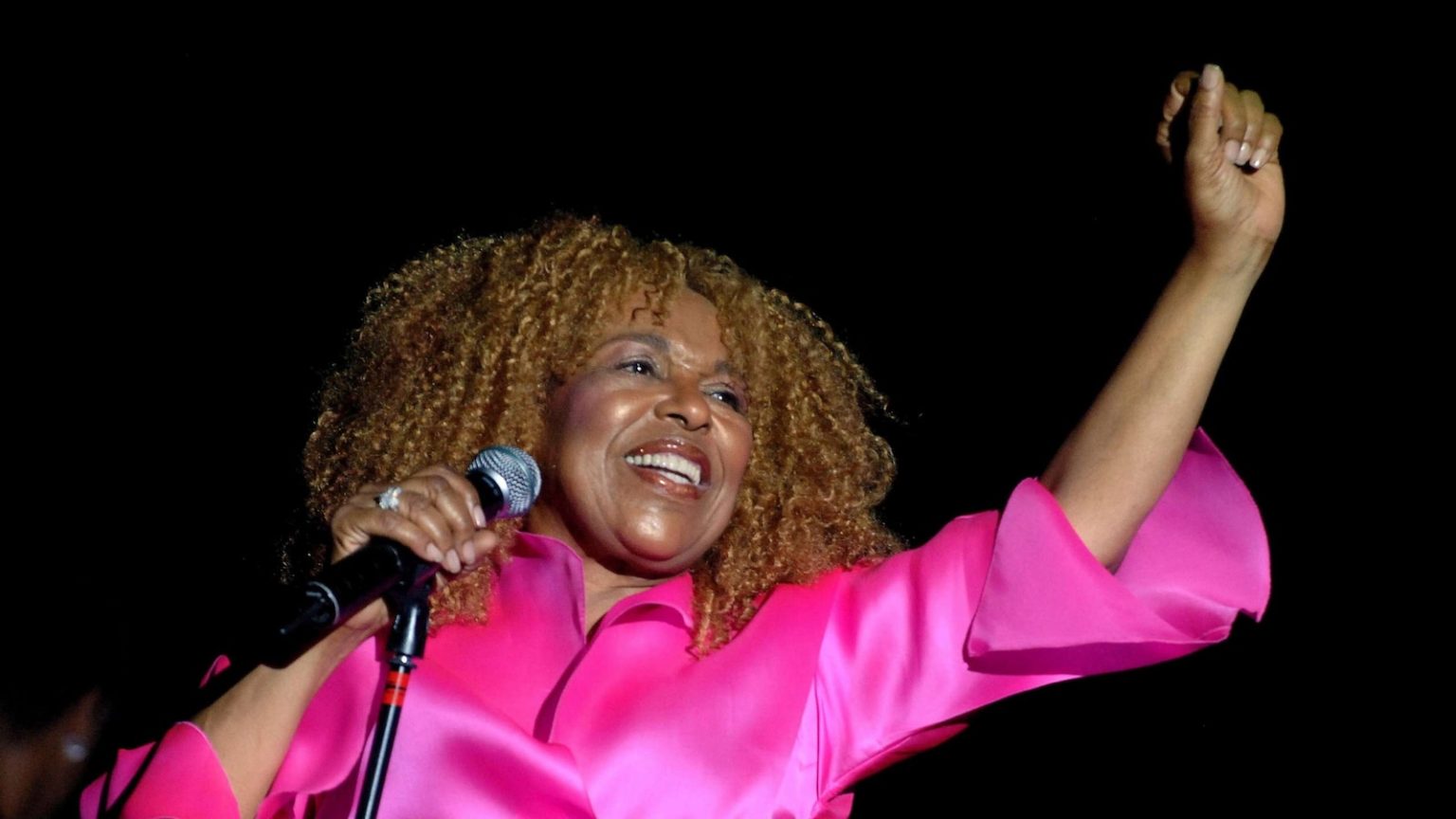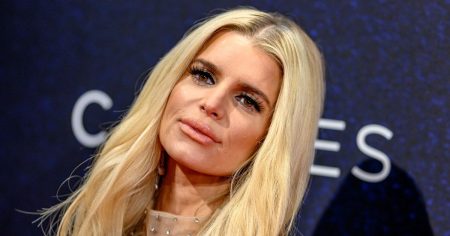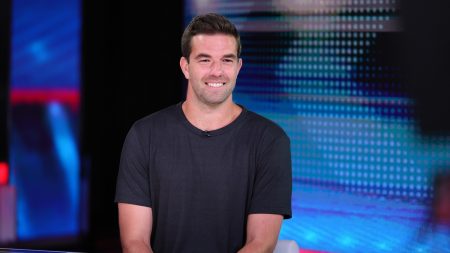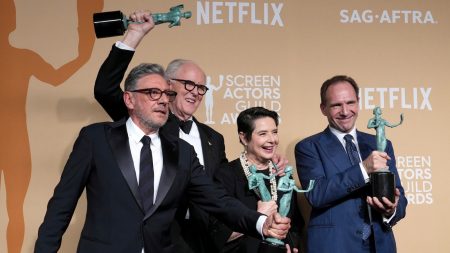The Timeless Legacy of Roberta Flack
Early Life and the Birth of a Musical Genius
Roberta Flack, the iconic American singer, songwriter, and pianist, left an indelible mark on the world of music. Born on February 10, 1937, in Black Mountain, North Carolina, Flack grew up in a family deeply rooted in music. Her mother, a church organist, and her father, a self-taught jazz pianist, nurtured her musical talents from a young age. By the time she was just six years old, Flack was already playing the piano, and her prodigious talent soon became evident. At the age of 15, she enrolled in Howard University on a full music scholarship, where she studied piano with the ambition of becoming a classical concert pianist, idolizing Romantic composers like Schumann, Bach, and Chopin. Little did she know that her path would lead her to become one of the most soulful and influential voices in popular music.
A Career That Redefined Music
Roberta Flack’s journey to stardom began unexpectedly. While working as a teacher in Washington, D.C., she performed jazz in local nightclubs, where she was discovered by jazz musician Les McCann. This chance encounter led to an audition with Atlantic Records, marking the beginning of her illustrious career. Her 1969 debut album, First Take, included the hauntingly beautiful "The First Time Ever I Saw Your Face," which gained widespread acclaim after being featured in Clint Eastwood’s 1971 film Play Misty for Me. However, it was her 1973 version of "Killing Me Softly with His Song" that truly catapulted her to stardom, earning her a Grammy for Record of the Year in 1974. This achievement was even more historic as she became the first artist to win the award in consecutive years, having also won it in 1973 for "The First Time Ever I Saw Your Face."
Flack’s music transcended genres, blending jazz, soul, and folk into a unique sound that resonated deeply with listeners. Her collaboration with Donny Hathaway produced timeless duets like "Where Is the Love" and "The Closer I Get to You," cementing her status as a legendary artist. Over the course of her career, she was nominated for 14 Grammy Awards and won five, including a Lifetime Achievement Award in 2020. Her influence extended far beyond her own music, with critics like Ann Powers noting that her artistry "looms over both R&B and indie ‘bedroom’ pop," making her a "titan in the eyes of many fellow artists and discerning fans."
A Life Beyond Music: Education, Advocacy, and Philanthropy
Roberta Flack’s impact went far beyond the stage and the studio. A dedicated educator, she taught school for several years before her music career took off. Her passion for education never waned, and in 2010, she founded the Roberta Flack Foundation, which supports music education and arts programs for underprivileged students. She also served as a spokesperson for the American Society for the Prevention of Cruelty to Animals (ASPCA), using her music to advocate for animal welfare. In 2023, she released a children’s book, The Green Piano: How Little Me Found Music, a heartwarming tribute to her own journey as a young musician and a testament to her commitment to inspiring future generations.
Personal Life and Later Years
Roberta Flack’s personal life was marked by both love and loss. She married jazz musician Steve Novosel in 1966, though the couple divorced six years later. Heavily influenced by her close friendship with the late Donny Hathaway, Flack often spoke about the profound impact he had on her music and life. She was also the godmother of musician Bernard Wright, who passed away in 2022, the same year Flack was diagnosed with amyotrophic lateral sclerosis (ALS), a condition that gradually took away her ability to sing. Despite her diagnosis, Flack remained resilient and continued to contribute to the world of music and art until her passing.
A Legacy That Continues to Inspire
Roberta Flack’s legacy is one of authenticity, innovation, and timeless artistry. Her music, characterized by its raw emotion and vulnerability, has left an indelible mark on the music industry. From her earliest days as a young pianist to her final years as a celebrated icon, Flack stayed true to her art and her values. In her own words, she never sought to fit into a category or genre. Instead, she allowed her music to be an honest expression of her feelings and beliefs. This approach earned her the respect of her peers and the love of fans across generations.
Flack’s story is one of grace, resilience, and the transformative power of music. She passed away peacefully on February 24, 2025, at the age of 88, surrounded by her family. While her voice may no longer fill the airwaves, her spirit lives on through her music, her foundation, and the countless lives she touched. As she so eloquently wrote in her children’s book, "Find your own ‘green piano’ and practice relentlessly until you find your voice, and a way to put that beautiful music into the world." Roberta Flack did just that, and the world will forever be grateful.















